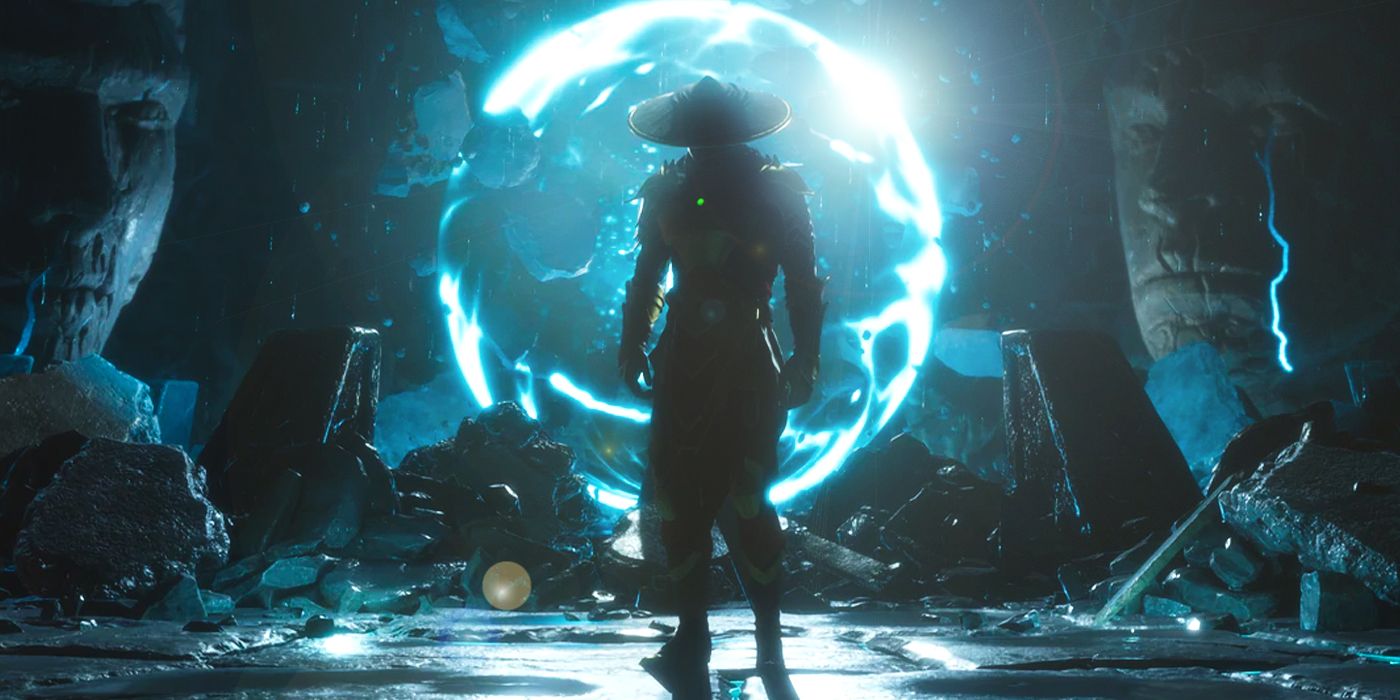After two years since its initial release, game developer NetherRealm Studios has announced it is officially ending post-release support for its popular fighting game Mortal Kombat 11, effectively dashing hopes for any additional playable characters or DLC content. As NetherRealm turns its full attention to future projects, the legacy of Mortal Kombat 11 and its place among both the Mortal Kombat franchise and NetherRealm's extensive catalog of fighting games can better assessed. And while Mortal Kombat 11 is certainly not without its noticeable missteps, the title sets a clear high water mark for the franchise, and NetherRealm as a whole, moving forward.
With two expansions launched for the game, MK11 boasts a playable roster of 37 different fighters, the most since 2006's Mortal Kombat: Armageddon, along with a whole wave of alternate costumes. Just as 2015's Mortal Kombat X included guest fighters from various horror movies, Mortal Kombat 11's guest fighters were primarily from iconic action movie franchises, though the Joker and Spawn would also join the fray as DLC characters. In addition to local and online play, Mortal Kombat 11 included an epic story mode continuing the plot lines and gameplay sensibilities first established by the 2011 Mortal Kombat reboot that was concluded by the massive Mortal Kombat 11 Ultimate update to the title.
This isn't to say that Mortal Kombat 11 wasn't without its flaws. The sheer amount of unlockables available meant players had to grind through the game's various challenge towers or purchase microtransactions, doubling down on a similar feature from 2017's Injustice 2. This was compounded by the difficulty level of some of gameplay towers and the randomization of finding certain unlockables in the game's exploratory Krypt mode. Another criticism leveled at MK11 was that some gameplay modes would only register progression if the title was connected to servers online at the time, heightening the perceived tedium associated with the progression system.
On the other hand, Mortal Kombat 11 does more than boast NetherRealm's largest playable roster and most engrossing story in years. In terms of technical presentation, Mortal Kombat 11 is the most graphically advanced title in the franchise and corrects some of the more glaring visual mistakes in Injustice 2 that were especially noticeable in cutscenes. The online performance and competitive matchmaking in its multiplayer mode are improved from NetherRealm's predecessors, and there is enough variance among the playable roster to make each characters stand out and offer different gameplay experiences.
Mortal Kombat 11 continued to build upon the foundation the 2011 franchise reboot and its 2015 sequel set. Expanding its roster and gameplay variation while deepening the gameplay itself, Mortal Kombat 11 released enough DLC content to keep players coming back for more, with each expansion bringing more than just a handful of new playable characters to the proceedings. While it may be some time before the familiar fighters of the Mortal Kombat franchise make their return in a brand-new title, Mortal Kombat 11 has set one hell of a bar for the fighting game series to match when it inevitably returns for a new, blood-soaked contest of champions.
Developed by NetherRealm Studios and published by Warner Bros. Interactive Entertainment, Mortal Kombat 11 is available now for Xbox One, PlayStation 4, Nintendo Switch, PC and Google Stadia. The Kombat Pack 2 expansion and Ultimate bundle are both now available.


